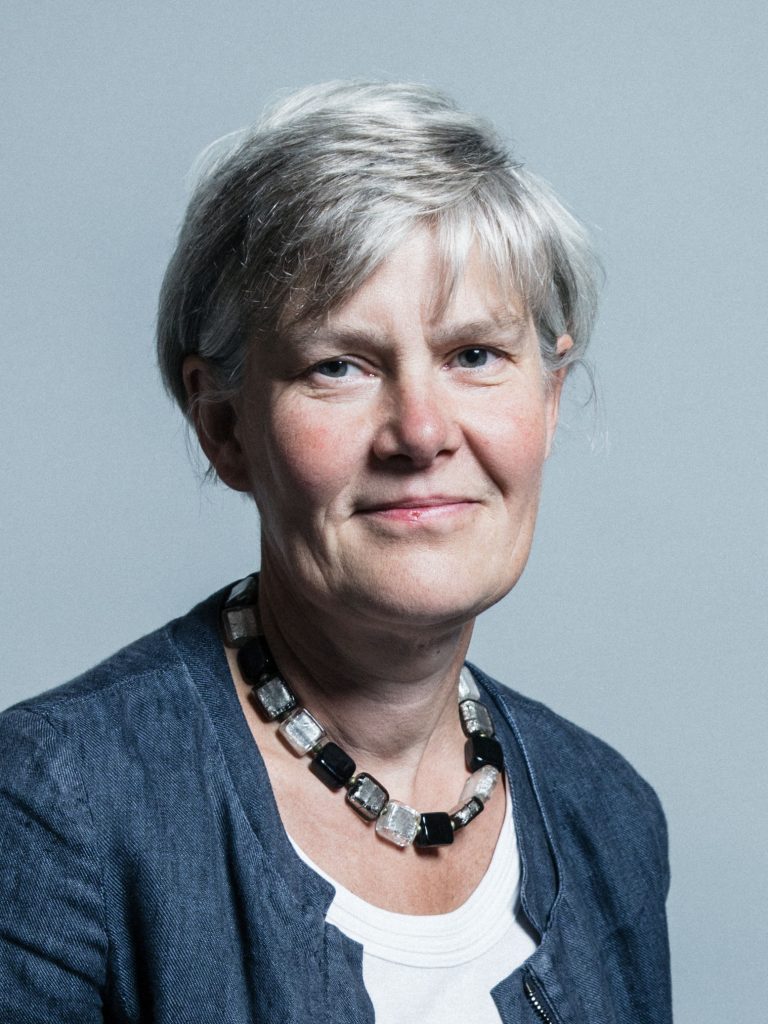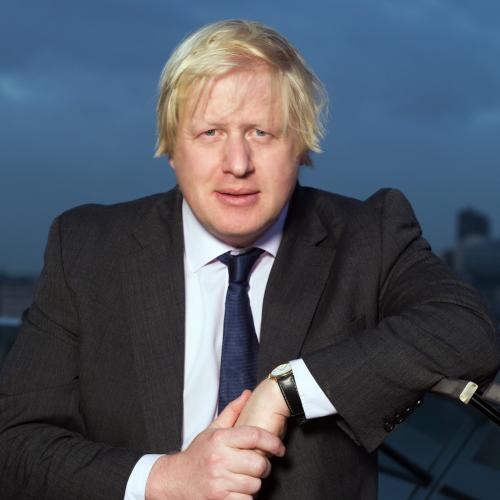Kate Green – 2021 Speech to the NASUWT Conference
The speech made by Kate Green, the Shadow Secretary of State for Education, on 3 April 2021.
Thank you, Conference, for inviting me to speak today. While I cannot address you from a buzzing conference hall, it is still a huge privilege to be asked to address the members of NASUWT, and to thank you for everything you have done this year.
Because, as you heard from Keir’s message, we in the Labour Party have nothing but awe and admiration for you, your members, and every single person who has been working with the utmost professionalism in our education system over the past incredibly difficult year, a year like none of us has ever known or could have imagined.
At a time when in our schools, and in every aspect of our lives, we have faced the most exceptional disruption, you have kept children safe and learning, in the classroom and remotely. Everyone in this country owes you, and your colleagues across our schools, colleges, universities, and childcare providers, enormous thanks for all you have done for children and young people.
I’d particularly like to offer my personal thanks to Patrick Roach and everyone at NASUWT, for your support since I became Shadow Education Secretary. I hope you agree that in the years ahead there is a huge amount more that we can do together to transform the life chances of children across the whole United Kingdom.
More to do to build not just an education system, but a society and an economy, that allows every child to enjoy and make the most of their learning and fulfil their potential; that builds and values the professionalism and skill of teachers that is essential to improving life chances; and that ensures that just as every child must be supported in school, no child is held back by poverty outside school.
That task is pressing. Today I want to speak about how we can tackle gross inequalities which the pandemic has exposed, but were already holding back the life chances of so many children.
The pandemic did not create, but exacerbated those injustices.
The children who’ve been struggling to learn remotely because of the Government’s failure to ensure they had all the digital resources they needed to do so – were the very same children who were already struggling to find a quiet space at home where they could do their homework.
The children who were so badly let down by the shameful food parcels we saw on social media earlier this year – were the same children who have been arriving at the school gate hungry because a decade of stagnant real wages and cuts to social security had left their parents struggling.
The children who have missed out on the opportunity that being at school could give them to learn a new sport or play a musical instrument or enjoy creating a piece of art – were the children whose families couldn’t ever afford to have the equipment at home that they’d need to do so.
As teachers you saw all this first hand – not just in the last year, but over the last ten years. It’s not just a pandemic, but a decade of poor decisions, built on a failing ideology, that has let down our children.
Of course, schools have always worked hard to make up for the disadvantage experienced by the poorest children. And today, if you ask people in this country what’s important for children’s future, they’d say schools must have the funding they need, not be pushed to the point of crisis by meeting the costs of the pandemic.
They want every child in their classroom, with a world class teacher, a professional who is supported and valued to deliver the very best quality education.
Teachers who are respected and recognised for their skill and expertise, not forced to take another real terms cut to their salaries.
But we have to recognise that schools and the professional skill of talented teachers alone cannot fully compensate for the deeply damaging harm done to children by the cruel and devastating effect of child poverty.
And the Conservatives’ record on this is shameful. In early 2020 – just before our country went into lockdown – there were 4.3 million children growing up in poverty. Three children in every ten children growing up in families that were struggling to pay the bills or put food on the table.
In an average sized primary school, that’s 86 children.
In a secondary school, it’s over 300.
In the last ten years the number of children growing up in poverty increased by almost 700,000.
There are many reasons why this scandalous poverty matters.
It’s bad for our country – poverty wastes potential and harms our country’s success and prosperity. More important still, it hurts children, not just in the future, but as they grow up. It harms their health. It damages their sense of self-esteem and wellbeing.
And its impact on their education is devastating.
As poverty has risen over the last decade, efforts to close the educational attainment gap have faltered.
Two years ago, the Education Policy Institute found that the glacial pace of the Conservative government’s action meant it would take 500 years to close the attainment gap at GCSE.
One year later – even before the pandemic struck – progress had stopped altogether.
And this is happening not just in England. In Scotland, the SNP prioritise a debate about the constitution over a national scandal that is holding back a generation of children. The First Minister said that she wanted to be judged on her record on education. It is now clear that her record is one of failure.
Several years and millions of pounds in to the SNP’s attainment challenge and there is still no robust evidence that the attainment gap is closing.
Young people in the most disadvantaged communities are far less likely to leave school with the qualifications they need, and the pass rate for Scottish Highers had fallen for four consecutive years even before the pandemic.
After the SNP’s fourteen-years in office, and Nicola Sturgeon’s seven as First Minister, one in four children in Scotland are growing up in poverty.
In May the people of Scotland can vote to do things differently – by voting for a Scottish Labour Party that would reverse over a decade of SNP incompetence with an education comeback plan to support every child’s learning and wellbeing.
They can follow the example of the people of Wales, who have elected a Welsh Labour government that has consistently delivered on their priorities.
Free school breakfasts, the education maintenance allowance, university maintenance grants, the union learning fund. A country committed to investing in the education and skills of all people, from all backgrounds, and at all ages.
But as for the response of the Westminster government, I see a dismaying lack of ambition for every child and a failure to prioritise their success and wellbeing
Their headline commitment to funding to support pupils to catch up amounts to just 43 pence per pupil per day.
And will for many schools be wiped out entirely by changes to pupil premium funding. A stealth cut to school budgets at a time when children need more support than ever.
No child should be left behind because of the pandemic, nor because of their background, the country they live in, or their family circumstances. We owe every child the best chance to recover their lost learning, and the investment in their education to achieve all that they’re capable of.
We should never accept less than the best for children who face the greatest challenges, including those with SEND.
And Conference, I am sure you will have shared my disquiet at this week’s report from the Commission on Race and Ethnic Disparities.
The report identifies the progress that has been made in education for some pupils, and I applaud all that has been achieved by teachers, school leaders, students and families. But huge challenges still remain.
Young people in some ethnic groups are far less likely to get the qualifications they need. They include pupils from white working class backgrounds, from Black Caribbean backgrounds, and GRT pupils, who have some of the worst outcomes in our education system.
We should never accept anything less than the highest standards for every pupil, whatever their background and circumstances
But when the link between poverty and low educational attainment is so stark, it is astonishing that the review could look at a country where huge, persistent, embedded ethnic disparities in higher education, in the labour market, and in family income persist – and conclude that there is no structural racism in Britain.
Of course, it is not just academic attainment, important as that is, that determines a child’s opportunities in life.
Children’s wellbeing – their physical and mental health – are essential for them to make the most of their childhood and for their life chances.
Wellbeing is not an alternative to, nor a distraction from, getting children the knowledge and skills that they need; it is an essential condition for it.
Without the foundation of good health and wellbeing, children will be disadvantaged in their learning, and unable to fulfil their potential. That is why, as we look to children’s recovery from the pandemic and beyond, we must make the wellbeing of all children a priority.
Because the reality is that the last year has been hugely challenging for all of us, and particularly for our children.
They have spent most of the year out of school, away from their friends, missing out on opportunities to socialise and develop. As they’re able once again to return to class, to be with friends and teachers, and enjoy time together, we cannot simply accept a return to business as usual.
Because business as usual wasn’t good enough.
We must do things differently now. We must work together to forge a new future for our education system. One that secures the life chances of every child, that offers every child the opportunity to reach their full potential.
Where schools have the resources they need, where staff are supported and valued as professionals, where children grow and develop, gaining not just the knowledge and skills they need for education and work, but the personal development they need to become fully rounded and active members of our society.
That’s why Labour set up our Bright Future Task Force – to bring together educators and experts to help us generate the ideas that we need not just for children’s recovery in the months ahead, but for a transformed education system we need for future decades.
A future that none of us can fully predict but one in which we are determined to close the inequalities we have seen widening, not just during the pandemic, but over the last decade. Inequalities that unfairly hold back children and rob them of opportunities. Inequalities that damage our children and damage our country.
Before I was a Member of Parliament, and before I even thought of being Shadow Education Secretary, I worked to end child poverty, to drive forward the ideas that would make that great ambition a reality for the millions of children who needed it.
In that time I saw a Labour government deliver a sustained fall in child poverty and a transformation in life chances.
But the last ten years have seen that progress reverse – progress in closing the attainment gap has ground to a halt, child poverty is rising, and the pandemic has thrown off course the childhood of a generation of young people
So, offering a secure future to every child, a bright future in which they can make the most of their childhood and fulfil their potential, will be Labour’s defining mission.
And as we recover from the impact of this pandemic, we recommit to our ambition to tackle child poverty, to end educational inequality, to ensure every child has the chance to fulfil their potential, and that – for every child – Britain will be the best place in the world to grow up in.



